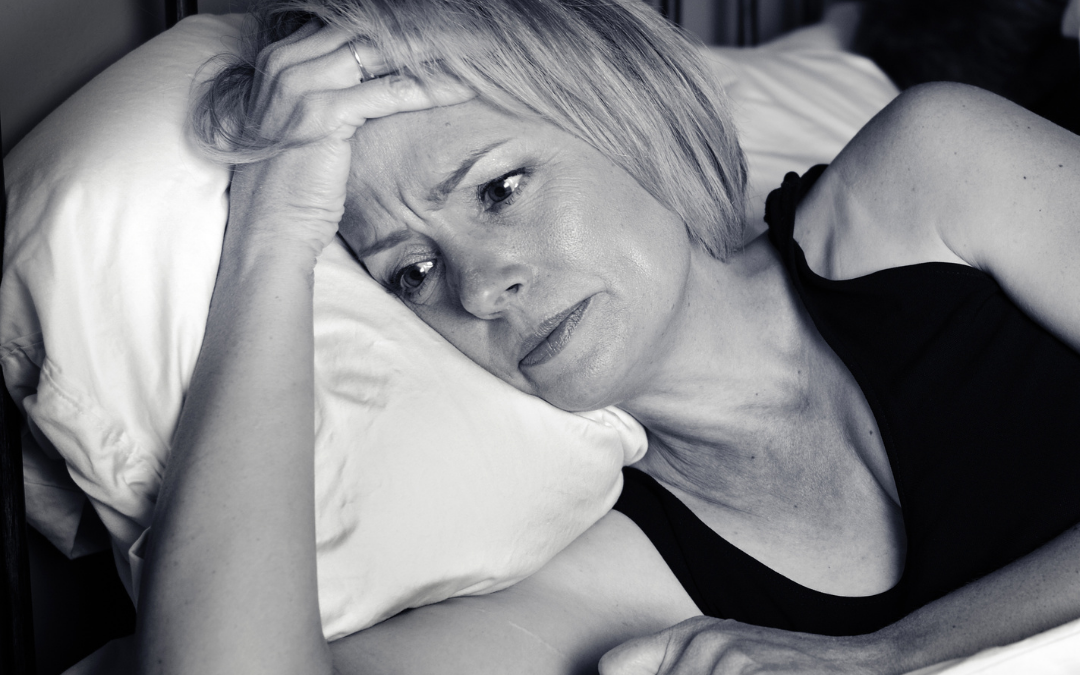On World Sleep Day we thought we would take the opportunity to offer a blog about the topic because sleep can often be particularly difficult for those who have been bereaved.
Many of us now know the basics in how to make night-times more conducive to falling asleep. You can read more here, but we asked Sophie, our Wellbeing therapist why we sometimes wake at stupid o’clock with our head full of things that tend to be blown out of all proportion and if she had any top tips to get back to sleep instead of getting up and cleaning the house or having a cup of tea!!
Waking up in the middle of the night with a racing mind and increased anxiety is a common experience for many people. There are several reasons why this can happen, including stress, anxiety, poor sleep hygiene (preparing for sleep), night sweats due to the menopause or peri-menopause and medical conditions. When we wake up in the middle of the night, our brains can become overactive, which can make it difficult to fall back asleep. However, there are several strategies that you can use to manage these night-time awakenings and improve your overall sleep quality.
Here are some tips that can help you manage night-time awakenings:
1. Practice relaxation techniques: Techniques like deep breathing, progressive muscle relaxation, and meditation can help you calm your mind and reduce anxiety. You can practice these techniques before bed or when you wake up in the middle of the night to help you fall back asleep. OR, simply practice a relaxation technique at any point you can find in the day, just for couple of minutes. By practising becoming relaxed, our bodies and minds become more used to it (even better at it). Think of it as this, if you want to become better at doing a physical activity, you can train for it. Thinking in this way about sleep can be helpful, you are training your body a little bit every day to become more efficient at feeling relaxed. It becomes familiar to you and therefore you may find winding down for sleep and staying asleep easier. Yes, we can train ourselves into a good sleep!
2. Avoid electronic devices: The blue light emitted by electronic devices like smartphones, tablets, and laptops can disrupt your circadian rhythm and make it harder to fall back asleep. Avoid using these devices before bed and when you wake up in the middle of the night.
3. Create a sleep-conducive environment: Make sure your bedroom is cool, dark, and quiet to promote a restful sleep environment. Use blackout curtains or a sleep mask to block out light, and try using earplugs or a white noise machine to block out noise.
4. Avoid caffeine and alcohol: Caffeine and alcohol can disrupt your sleep, so avoid consuming them before bed or when you wake up in the middle of the night.
5. Write down your worries: If you wake up with racing thoughts, try writing them down in a journal. This can help you process your thoughts and relieve anxiety, making it easier to fall back asleep.
If you continue to struggle with night-time awakenings and difficulty falling back asleep, consider speaking with a healthcare professional. They can help you identify any underlying medical conditions or sleep disorders that may be contributing to your sleep issues and recommend appropriate treatments.

